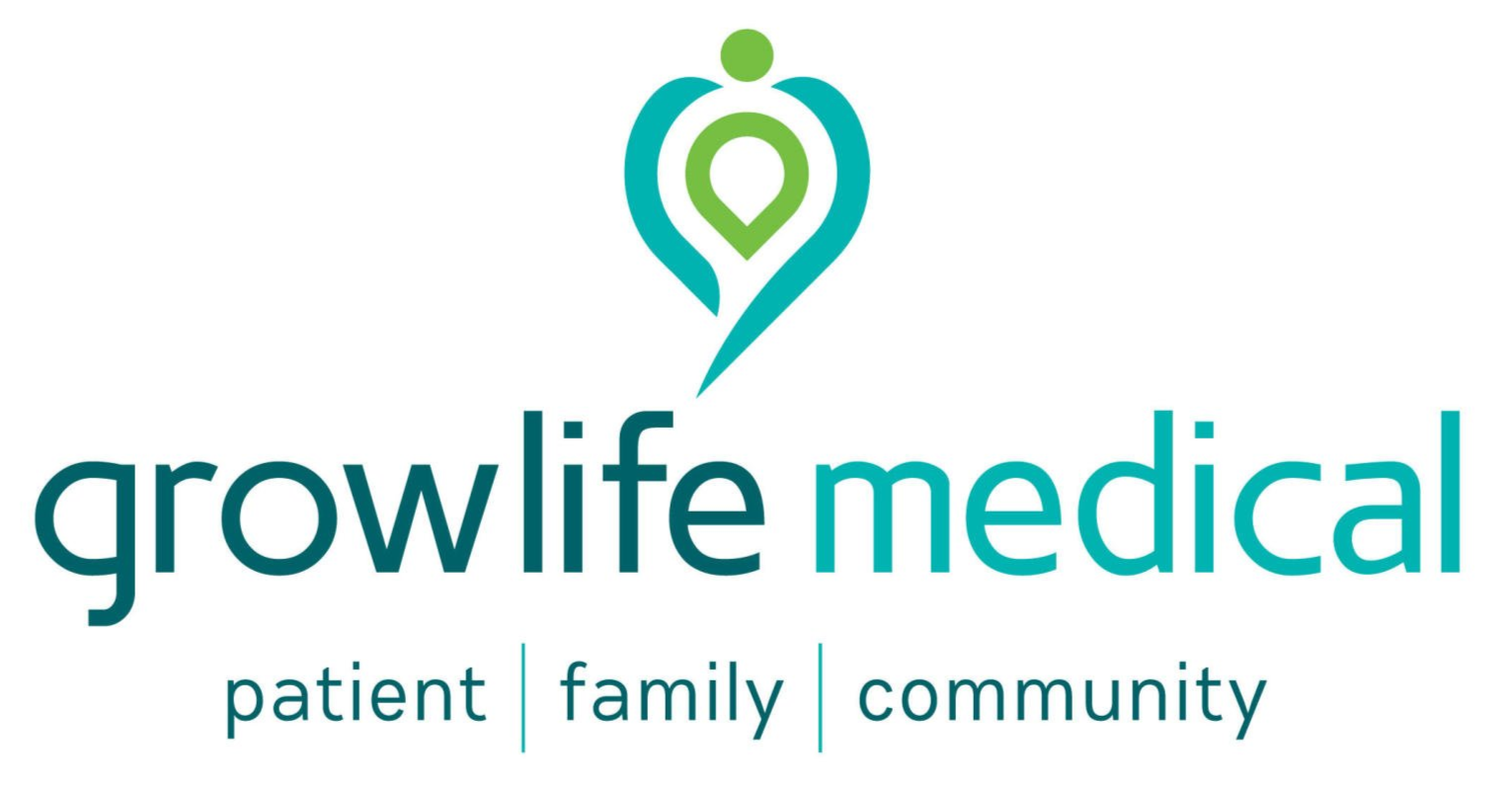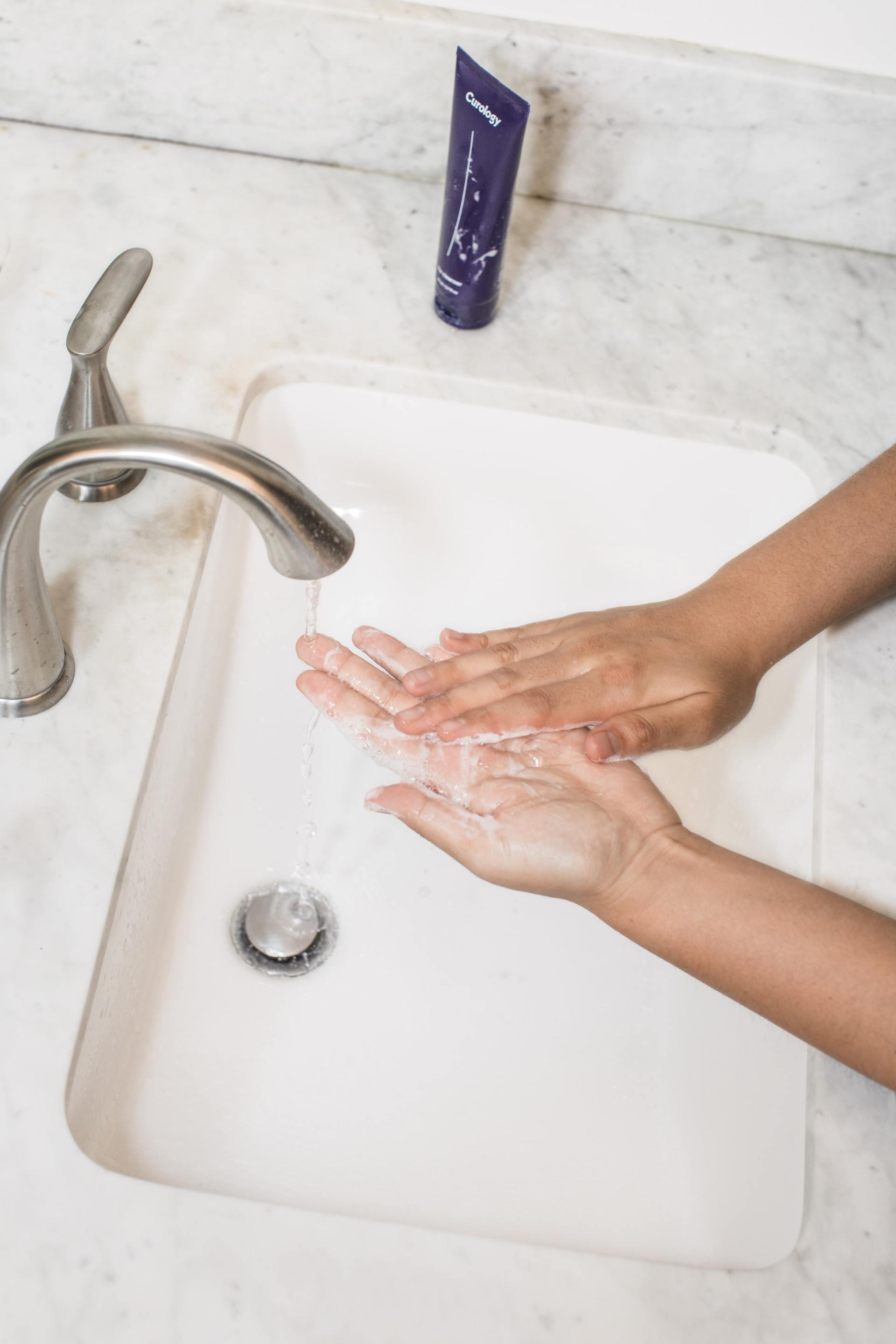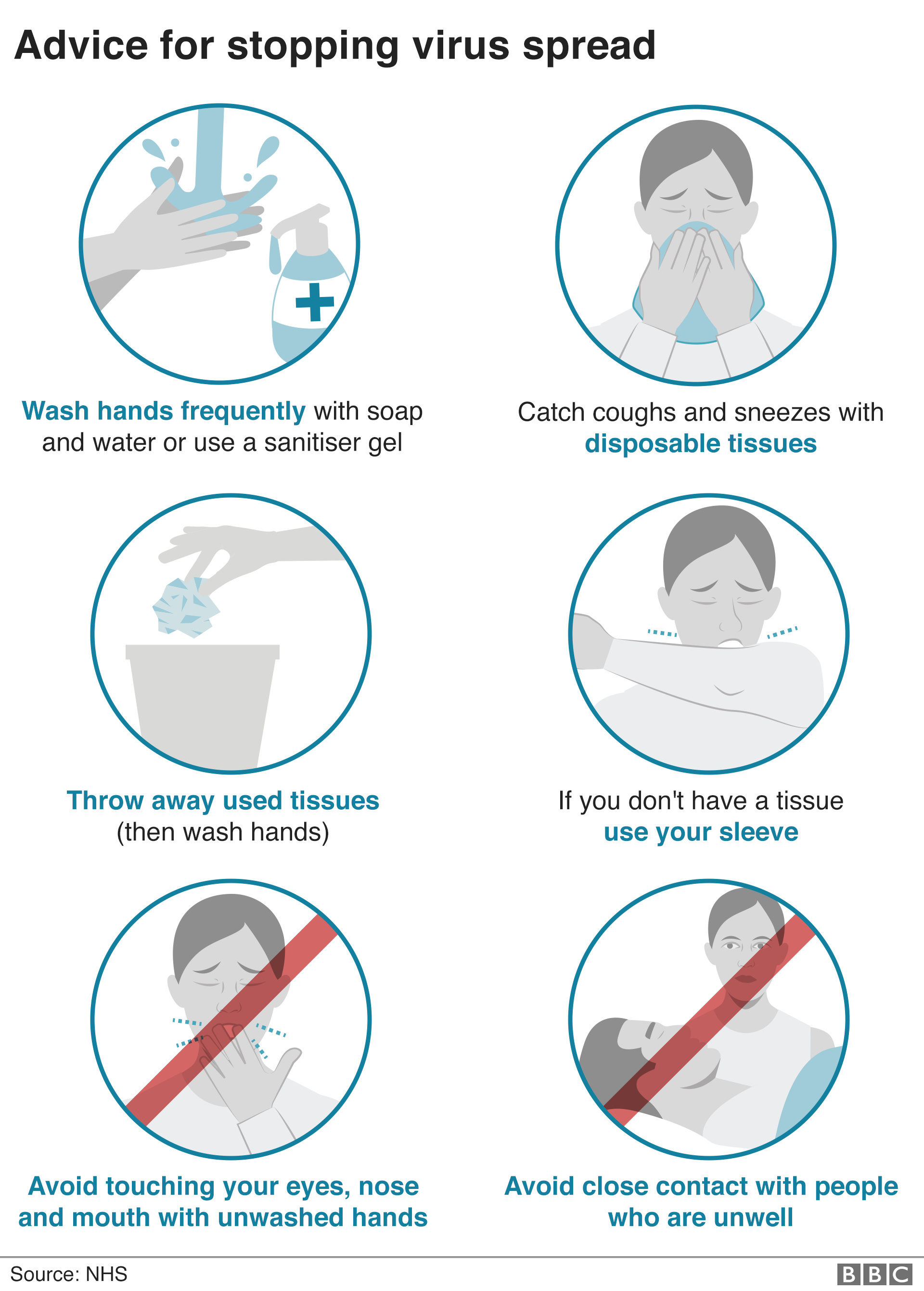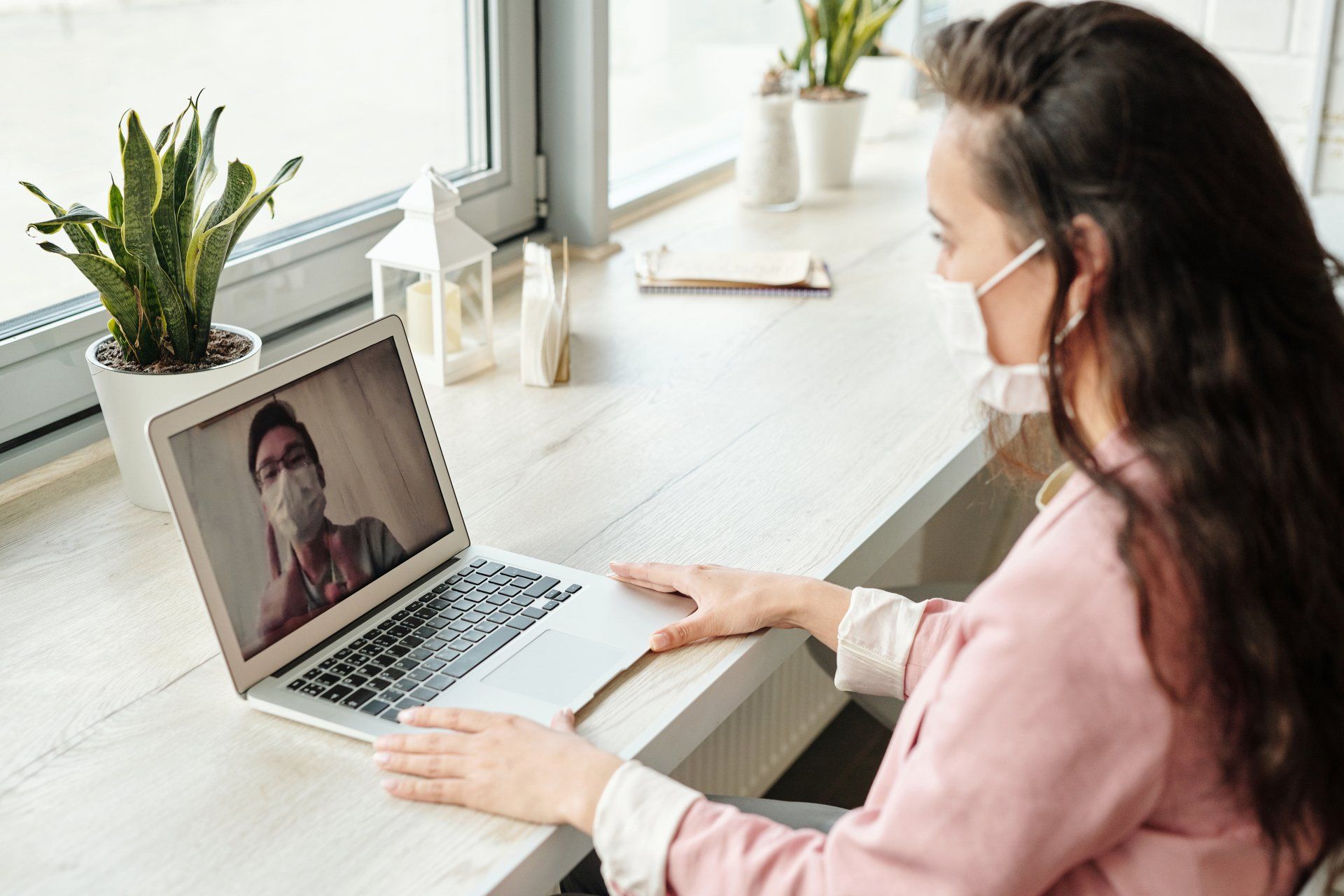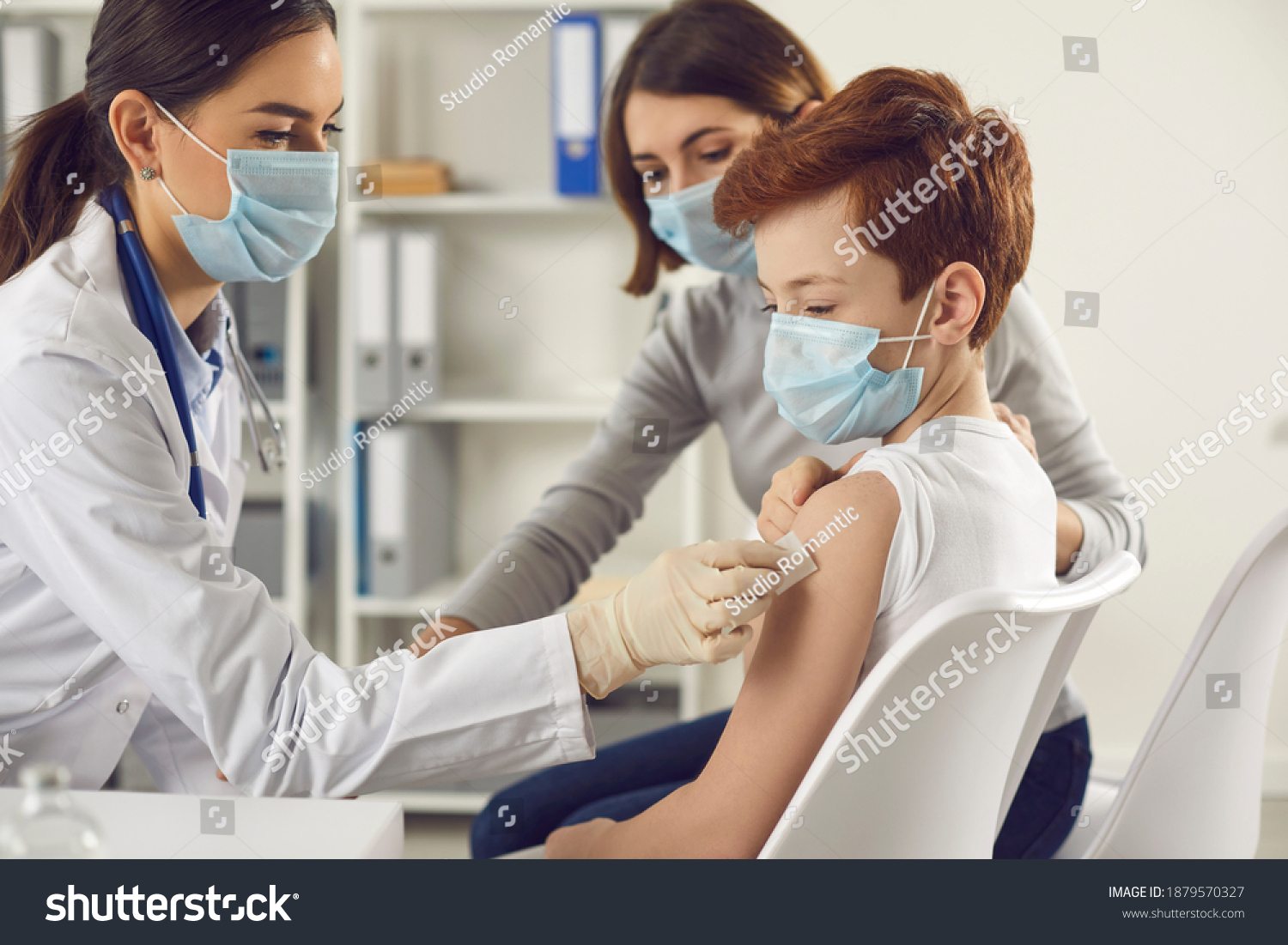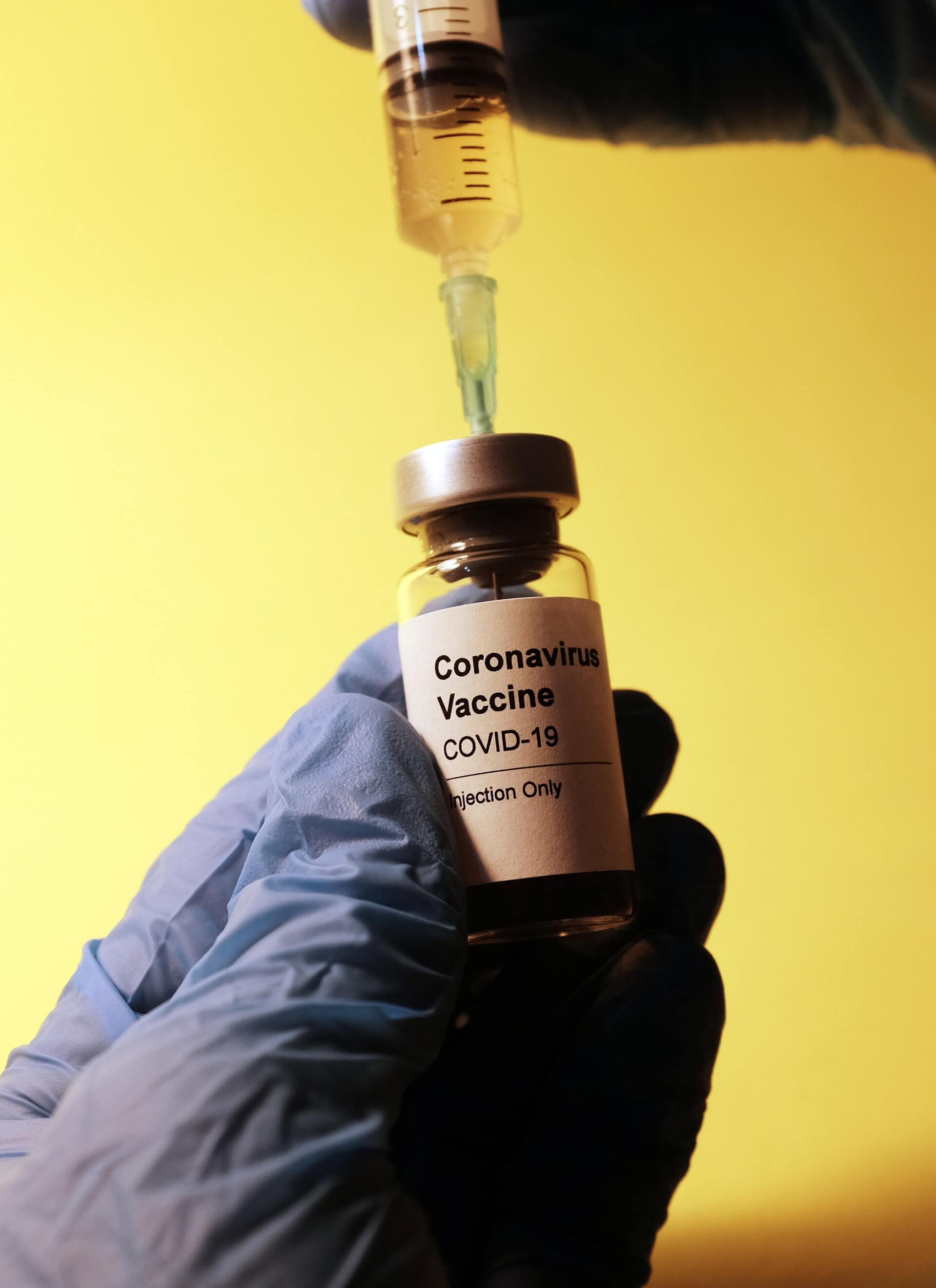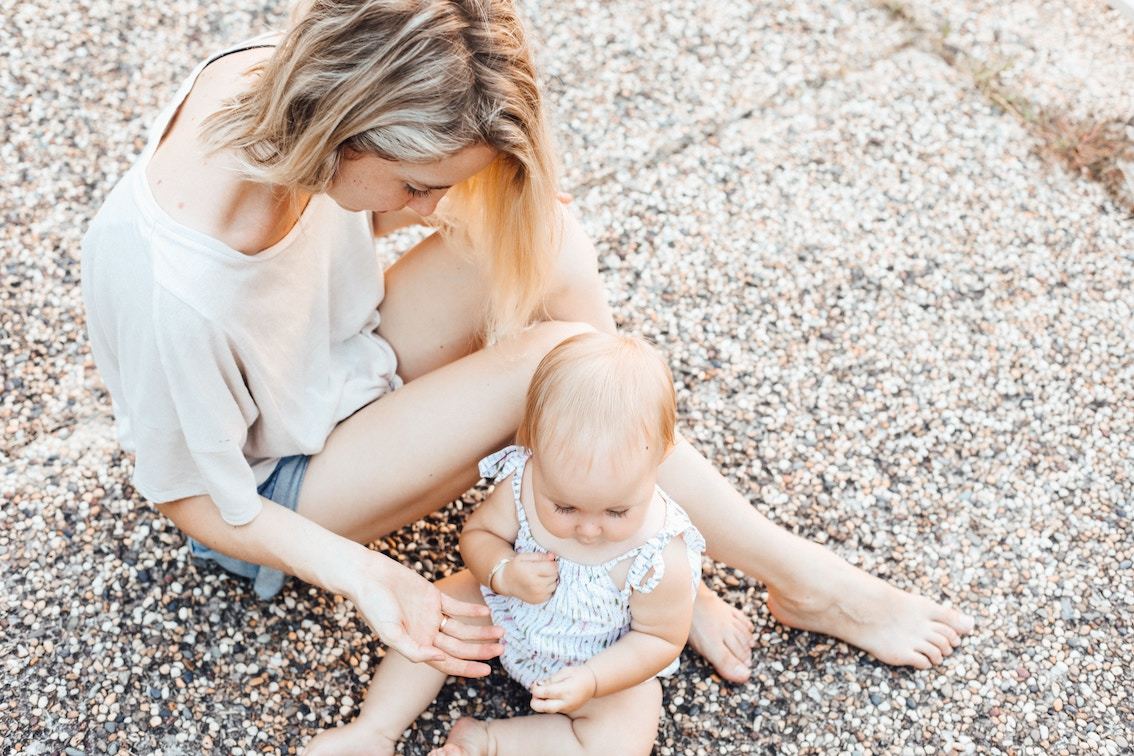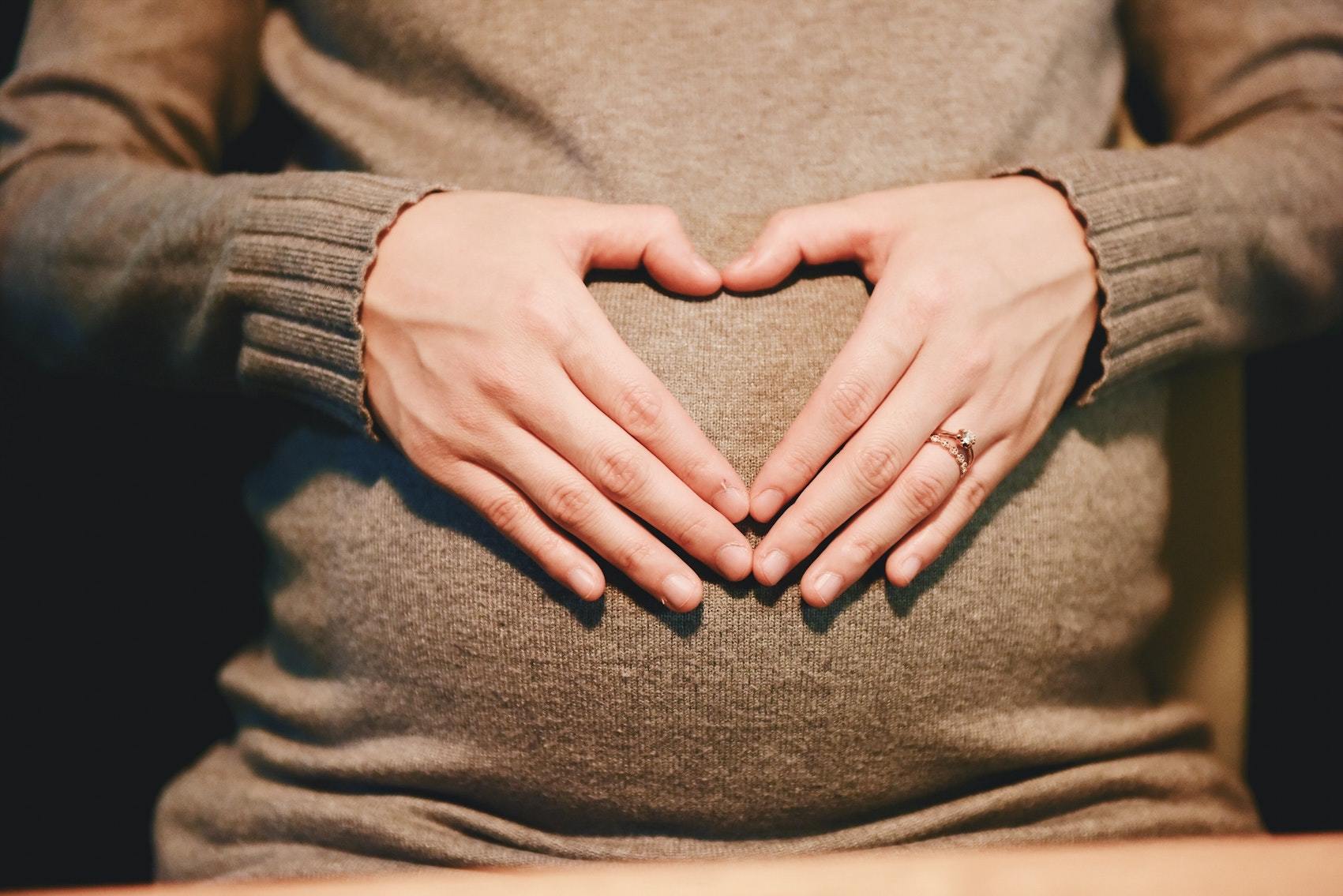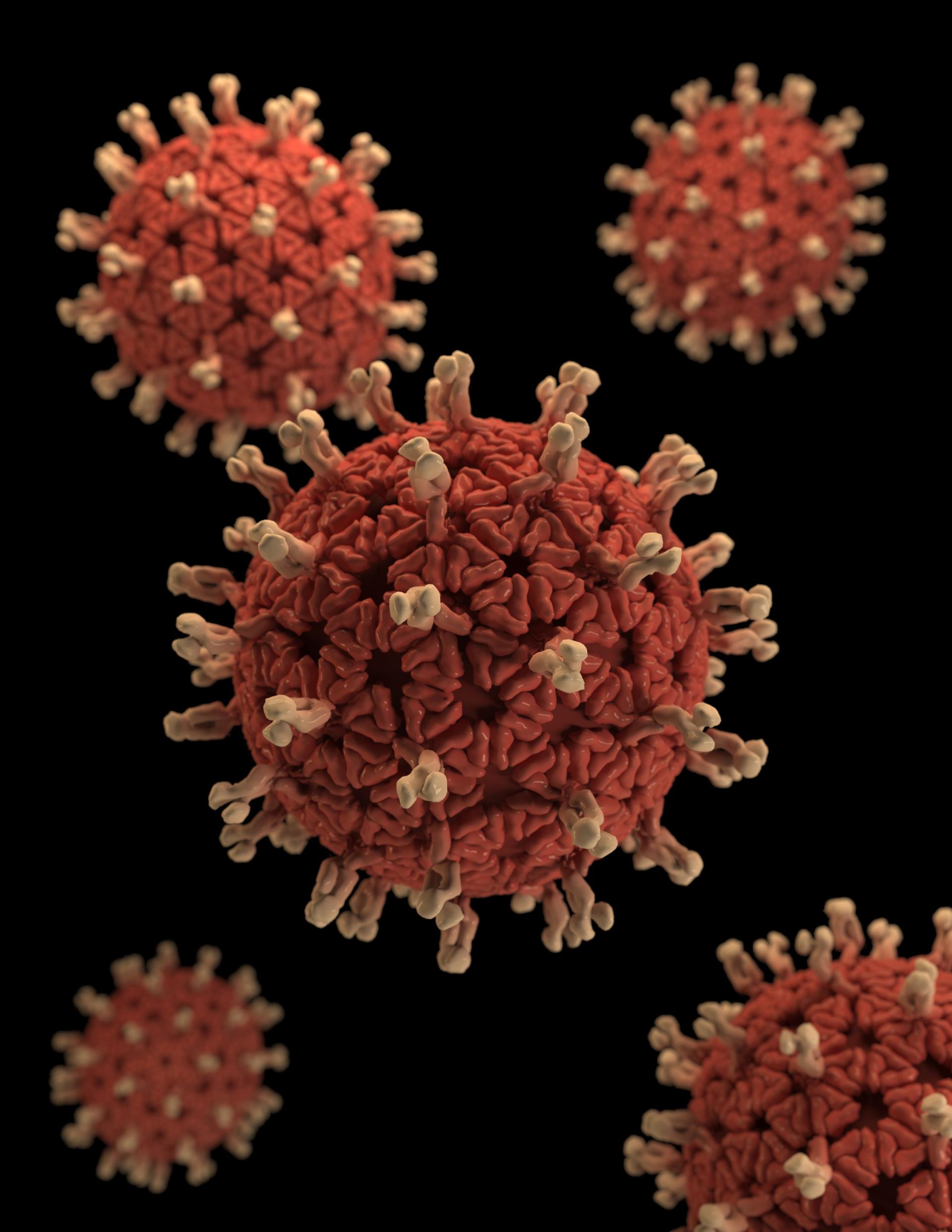How To Prevent Coronavirus (COVID-19)
Dr Aaron Chambers
It now looks that we are likely to see rapidly spreading Coronavirus in Brisbane (also known as COVID-19). Person to person spread is now occurring in Australia, and the likelihood is that a coronavirus pandemic will be declared.
We are working hard to ensure you as an individual, and our community are protected. To safeguard each other, anyone with fever, cough, breathing difficulties or other symptoms, who has been overseas in the last 14 days or in contact with Coronavirus in the last 14 days, or is a healthcare worker, does not come into the clinic. If you have cold or flu symptoms, please let reception know about your situation, and a nurse or doctor will call you back to make further arrangements for your care. We are actively working to provide Coronavirus Telehealth Consultations for you.
Australians are good at preparing for storms and cyclones, and preparing for a pandemic is not much different. A few simple preparations now, and some small changes in behaviour, can make a big difference to reduce the spread of Coronavirus in our community, and reduce disruption to your family.
Most importantly, remember to act with kindness, generosity of spirit, and compassion. The fear that is gripping the world is not necessary. We can work through this together, as we have always done when faced by flu, measles, whopping cough and more. All it takes is a little preparation and sensible preventative action.
For more information on Coronavirus specific to Brisbane, see our guide to the Coronavirus for Brisbane.
How Coronavirus spreads
COVID-19 is a coronavirus which causes respiratory symptoms like cough, sore throat and breathlessness. It also causes fever, and can also cause fatigue muscle aches and diarrhoea. Because coronavirus is a respiratory virus, a person with coronavirus causes spread of the virus when they cough. This form of spread is called droplet spread. This is important, as droplet spread viruses are generally easier to prevent spreading than airborne spread viruses. Droplet spread means a virus falls from the air with gravity when an infected person coughs or sneezes. Airborne spread viruses can float in the air for hours after an infected person coughs or sneezes.
Because coronavirus is droplet spread, we can work together to prevent spread of coronavirus in Brisbane.
Children have very mild disease with coronavirus, and it is possible that they can spread coronavirus without their family realising they are unwell. So prevention measures are important, even if you aren't directly in contact with someone with suspected coronavirus.
Droplet spread of coronavirus can occur through spending more than 15 minutes with an infected person or by direct contact with their body fluids (typically coughing or sneezing). Coronavirus can remain infectious outside the body on surfaces. It is believed this is a common method of spread, through touching contaminated door handles, light switches, telephones, keyboards, and in bathrooms and kitchens.
Coronavirus is spreading rapidly worldwide, and you can view a coronavirus COVID-19 map here.
How to reduce the spread of Coronavirus
Reduce the spread of coronavirus by:
- Staying at home if unwell
- Wash your hands frequently (soap and water is more effective than hand sanitiser)
- Avoid touching your face
- Avoid touching public surfaces with your hands
- If you cough or sneeze, cover your face with your upper arm or sleeve.
- Stay at least 1 metre apart from other people.
- Preferably, if you have respiratory illness, wear a surgical face mask.
- Regularly clean high-use or contaminated surfaces with disinfectant
Note that P2 masks are now recognised to only be required by healthcare workers in high risk settings such as in intensive care.
How to prepare for Coronavirus
- Make sure you have sufficient medication at home to last one month
- NOW is the time to get asthma, heart disease, diabetes and other chronic conditions under control. Coronavirus is worse in those with underlying conditions. If you have an underlying health problem, make an appointment to see your GP soon to ensure you are in the best shape you can be.
- Consider your family plan if you need to quarantine yourself at home for 2 weeks.
- Expect travel restrictions on international travel, and quarantine requirement if returning to Australia.
- Influenza vaccine will be available in approximately 4 weeks. We will notify once we have stock available. We recommend that everyone aim to get a flu vaccination this year, to avoid simultaneous infection with Coronavirus and Influenza.
Related articles:
Doctor Advice on Coronavirus
Who is at risk of Coronavirus
Most importantly, if you suspect you might be at risk of Coronavirus, phone ahead. We can quickly arrange a GP telehealth consultation
via video link with your GP. We can help ensure you don’t pose a risk to other people. Anyone with suspected Coronavirus must isolate themselves at home until they have had testing that confirms they are clear. We can arrange this for you remotely, give you your results remotely, and arrange further care depending on how sick you are.
If you are seriously unwell, and have risk of Coronavirus, your GP may will help you make arrangements to attend a hospital emergency department. If you have a mild illness, but could have Coronavirus due to respiratory symptoms and potential contact, your GP might organise a pathology test in your home.
Those with highest risk of Coronavirus are:
- People who have been in contact with someone with confirmed Coronavirus for more than 15 minutes
- Those who have travelled overseas in the last 14 days
- Healthcare Workers
- The elderly are most at risk of severe Coronavirus, particularly those over 80
- Those with cardiac disease are also at high risk of severe disease
Coronavirus Testing Brisbane
Coronavirus testing is now widely available. Private pathology labs can test should it be required. Please note Mater Pathology Sherwood collection centre does not do Coronavirus testing for the general public.
Pathology labs that can test for Coronavirus are:
Coronavirus Doctor Advice
If you need to update prescriptions or have a chronic condition, please book with us
soon. If you think you could have Coronavirus please advise us prior to arriving in the clinic so we can help you avoid the need to come to the clinic, or use appropriate precautions if necessary. Some people have been worried that their care will be refused if they tell us prior. Don't worry. You will still receive the care you need.
Book a consultation
with Grow Medical
today. But be sure to follow the advice above and Phone Ahead
if needed!
Other Articles On Coronavirus
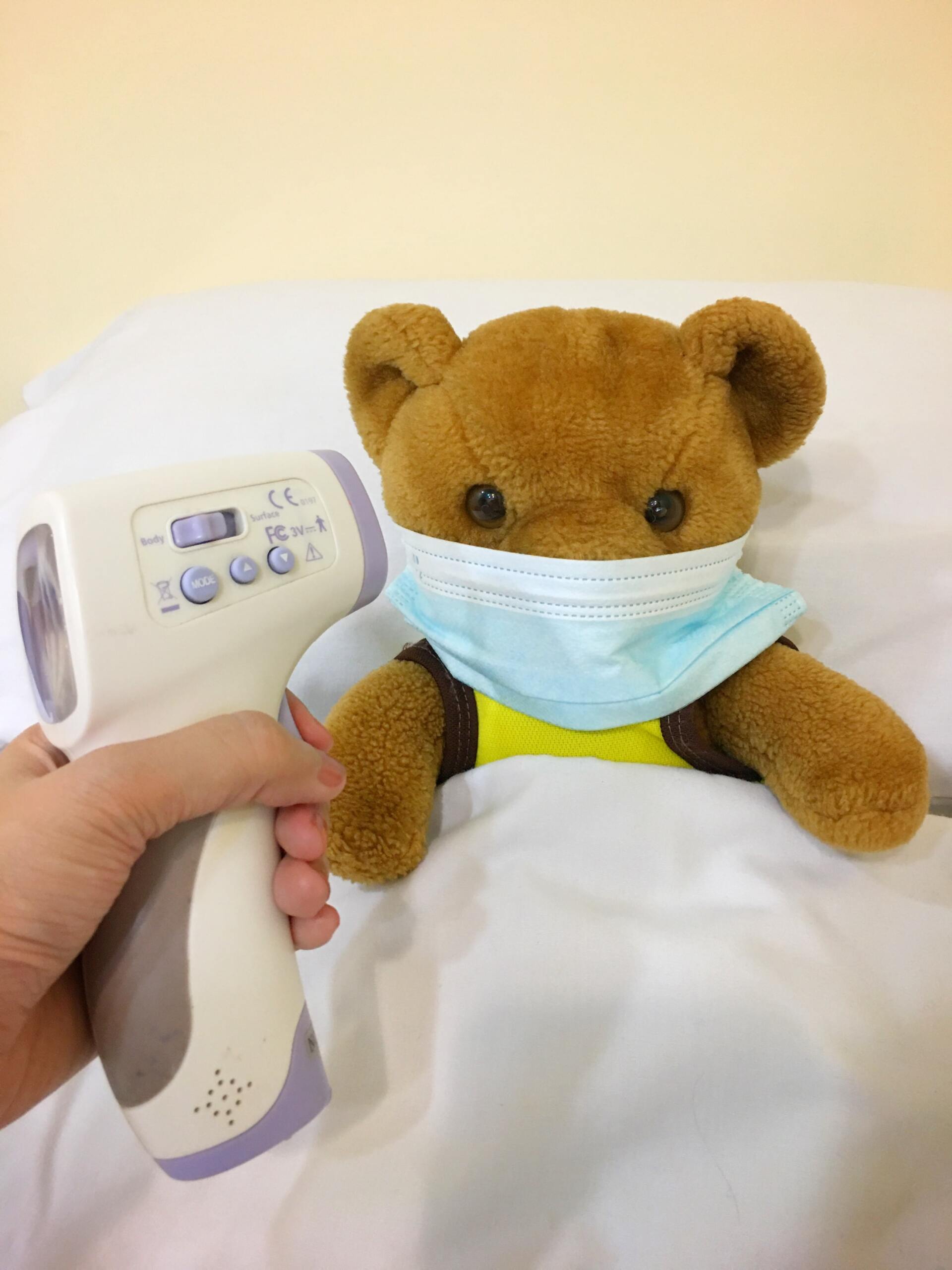
Right now, we are seeing a strange trend. Emergency Departments are overwhelmed with unprecedented high demand. But mostly for minor illnesses. At the same time, GPs are wondering where all the sick kids have gone? Our Emergency colleagues are really happy to help you where your child has an urgent problem or is seriously unwell. But they are struggling to keep up due to the numbers of people presenting with coughs and colds. Dr Emma Scriven discusses her experience as a parent, and how you can have more convenient, safe care, in a setting where you're not surrounded by dozens of people with infectious illnesses. Things have changed a bit during COVID, but at Growlife Medical , we are still here for you.
Keep Up With The Latest Coronavirus in Brisbane News
Like us on Facebook to keep up to date on the Coronavirus in Brisbane.
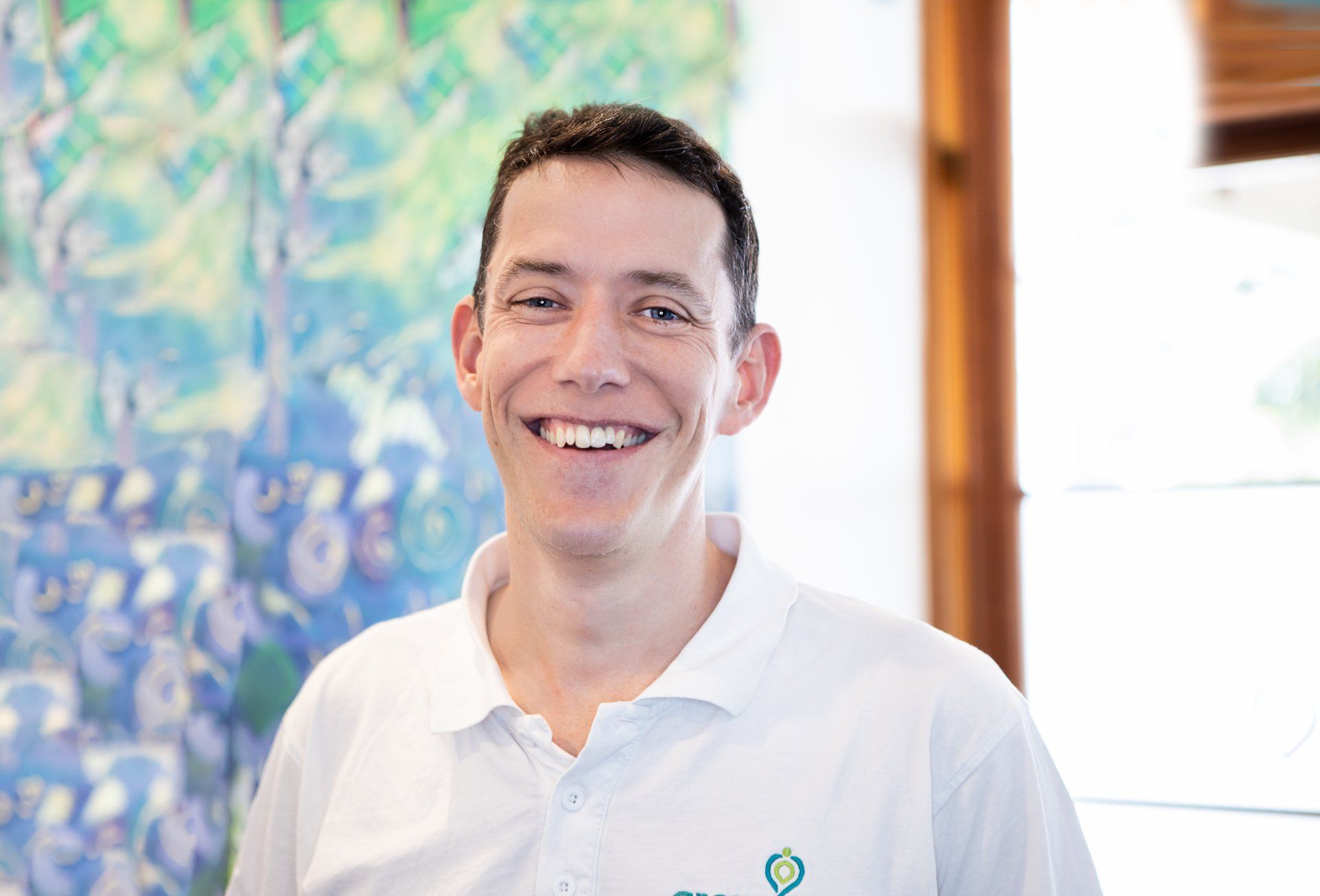
Dr Aaron Chambers
General Practitioner
BSc, MBBS(Hons), FRACGP, Dip Child Health
BSc, MBBS(Hons), FRACGP, Dip Child Health
The author Dr Aaron Chambers
has worked in General Practice since 2006. He is passionate and an authority on family practice, paediatrics and obstetric care. After completing his medical degree with honours at the University of Queensland, Dr Chambers served as an RAAF Doctor, conducting humanitarian missions and evacuating wounded servicemen from the Middle East. He continues to consult at Oxley, Sherwood
and Highgate Hill Grow Medical Clinics.
